Introduction:

As a cat owner, you may have experienced moments when your furry consort exhibits unusual behavior, such as acting weird and hiding. Cats are curious creatures, and their behaviors can sometimes be challenging to understand. However, these behaviors usually serve a purpose, and understanding them can help you provide better care and support for your feline friend. In this article, we will explore various reasons for why is my cat acting weird and hiding, by shed light on their instincts, emotions, and environmental factors.
Instincts of the Wild:
 Cats are descendants of solitary hunters, and despite domestication, many of their wild instincts persist. One instinct that explains why your cat may act weird and hide is their survival mechanism. In the wild, hiding provides cats with a sense of security and safety. When your cat hides, they may feel threatened or overwhelmed, possibly due to an unfamiliar environment, loud noises, or new people or animals in the house.
Cats are descendants of solitary hunters, and despite domestication, many of their wild instincts persist. One instinct that explains why your cat may act weird and hide is their survival mechanism. In the wild, hiding provides cats with a sense of security and safety. When your cat hides, they may feel threatened or overwhelmed, possibly due to an unfamiliar environment, loud noises, or new people or animals in the house.
Stress and Anxiety:
Cats are creatures of habit, and any changes in their routine or environment can trigger stress and anxiety. Common stressors include moving to a new home, adding a new family member (human or animal), loud noises (fireworks, construction work), or disruptions in their daily routines. Cats may cope with stress by seeking a safe place to hide until they feel secure again.Health Issues:
Health Issues:
 Unexplained changes in behavior, such as hiding, could also be an indication of underlying health problems. Cats are known to mask their pain and discomfort as a survival strategy, so hiding may be their way of dealing with illness or injury. If your cat’s hiding behavior is accompanied by other symptoms like lethargy, loss of appetite, or unusual vocalizations, it’s crucial to seek veterinary attention promptly.
Unexplained changes in behavior, such as hiding, could also be an indication of underlying health problems. Cats are known to mask their pain and discomfort as a survival strategy, so hiding may be their way of dealing with illness or injury. If your cat’s hiding behavior is accompanied by other symptoms like lethargy, loss of appetite, or unusual vocalizations, it’s crucial to seek veterinary attention promptly.
Territorial Behavior:
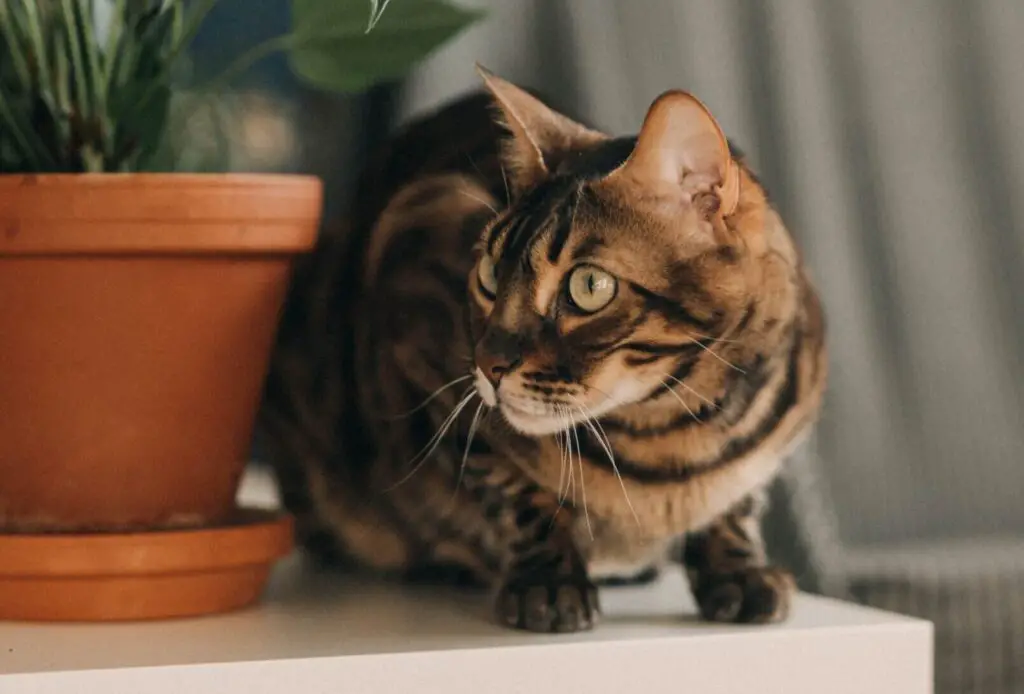
Cats are territorial animals, and they may retreat to a hiding spot to establish a personal space or territory within your home. New additions to the household, be it another pet or a human guest, can make your cat feel the need to establish boundaries and secure their territory.
Socialization Issues:
 Kittens that were not adequately socialized during their early weeks may display fearful or withdrawn behavior later in life. If a cat hasn’t had positive experiences with people or other animals during their critical socialization period, they may have difficulty trusting or interacting with them, leading to hiding as a defense mechanism.
Kittens that were not adequately socialized during their early weeks may display fearful or withdrawn behavior later in life. If a cat hasn’t had positive experiences with people or other animals during their critical socialization period, they may have difficulty trusting or interacting with them, leading to hiding as a defense mechanism.
Fear and Trauma:

Cats have excellent memories, and traumatic experiences can leave a lasting impact on their behavior. A cat that has experienced abuse or a frightening event may become skittish and prefer to hide as a way to avoid potential threats.
Environmental Factors:
Cats are highly sensitive to their surroundings, and changes in the environment can cause them to act weird and hide. Something as seemingly insignificant as rearranging furniture or introducing new household items can disrupt their sense of familiarity, leading to stress-induced hiding behavior.
Age-Related Changes:
As cats age, they may become more reserved and prefer solitude. This natural shift in behavior can lead to increased hiding as they seek quiet and peaceful places to rest without disturbance.
Seasonal Changes:
 Some cats are more sensitive to seasonal changes, such as the transition from summer to fall or winter. These changes in weather and daylight can affect their behavior, making them more prone to hiding or seeking warmth and comfort in secluded spots.
Some cats are more sensitive to seasonal changes, such as the transition from summer to fall or winter. These changes in weather and daylight can affect their behavior, making them more prone to hiding or seeking warmth and comfort in secluded spots.
Conclusion:
Cats are enigmatic creatures with complex emotions and instincts. When your cat acts weird and hides, it’s essential to approach their behavior with patience and understanding. Identifying the underlying reasons for their actions can help you create a supportive and stress-free environment, ensuring your feline companion feels safe, secure, and loved. If you notice any drastic or concerning changes in your cat’s behavior, consulting a veterinarian is always a wise step to ensure their health and well-being. Remember, every cat is unique, and taking the time to comprehend their individual needs will strengthen the bond between you and your feline friend.
if you are cat owners and curious about your feline behavior then also check this blog https://petsbold.com/how-to-make-sure…s-happy-with-you/

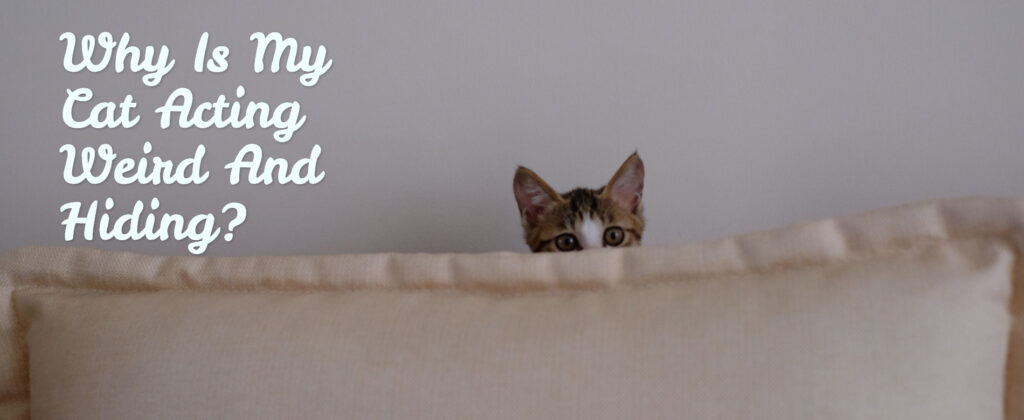

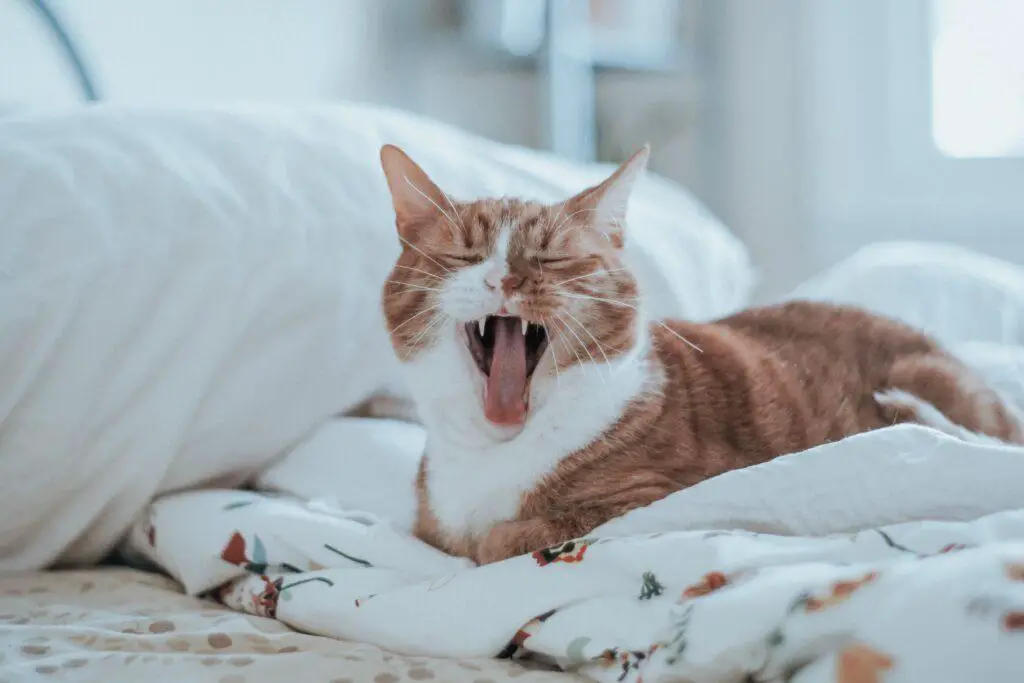
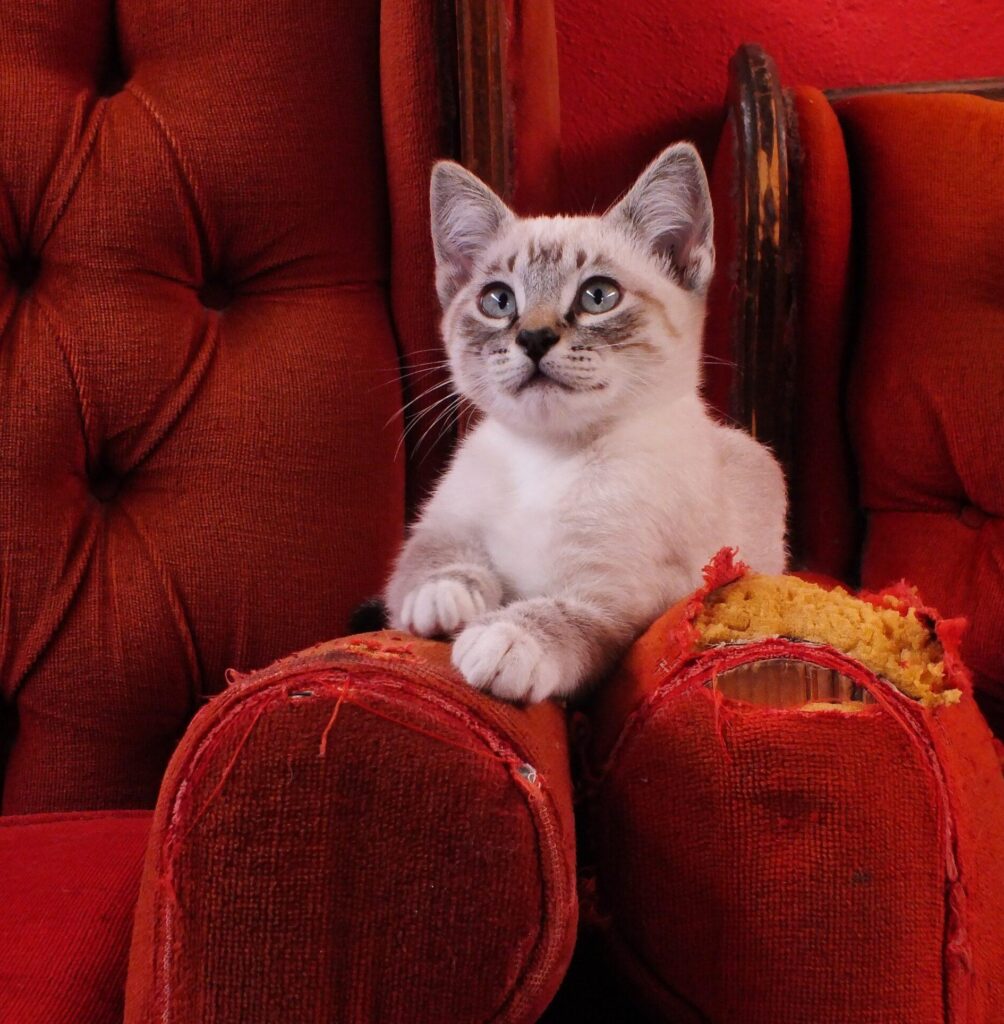
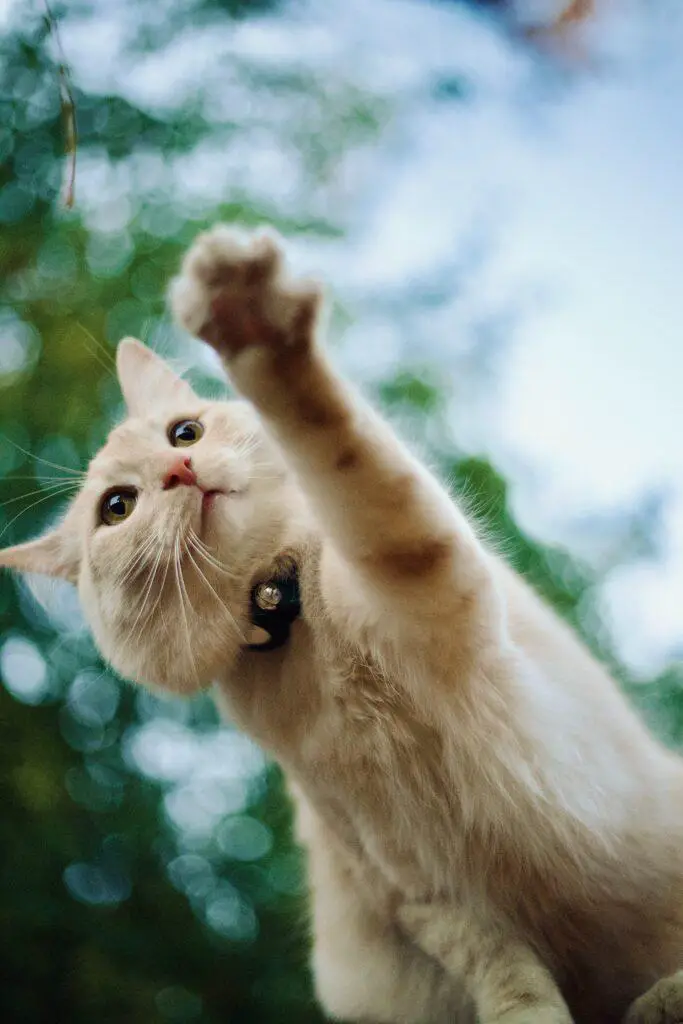
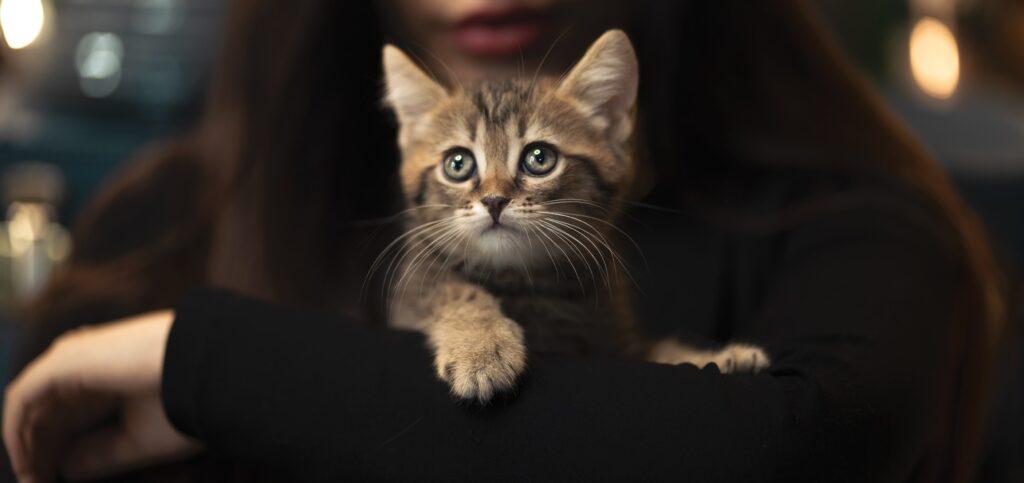
Pingback: "Why Is My Cat Being Aggressive All of a Sudden? Understanding Sudden Cat Aggression" -